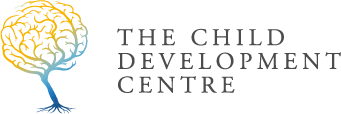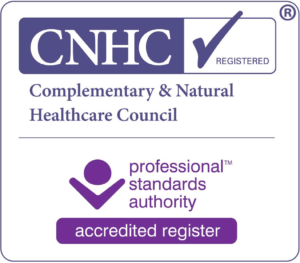What does the Child Development Centre do?
Who we can help at The Child Development Centre
Boys, girls, men, women, from the age of four (in certain circumstances) to seventy-plus – we can help anyone who is suffering from emotional or physical problems relating to retained reflexes and neuromotor immaturity.
Fewer than 60% of the children we see, have had a formal diagnosis of any named disorder; most are brought to us simply on parental instinct. Some parents want to avoid a diagnosis and the subsequent labelling of their child. Others have concerns that fall outside the accepted range of learning difficulties or neuromotor immaturity and are not sure what to do or where to go.
Many of the parents we see are at their wits’ end, having tried unsuccessfully to get adequate support, even though they know something is not right. Discovering that there is a simple physical cause for their child’s or their own developmental difficulties – one that can be successfully treated – is a huge relief.
With boys the problems tend to come to the surface quickly and are unambiguous. For girls the signs are usually subtler, which is why it’s always worth checking if you have any nagging doubts. Early on they tend to do well but leading up to puberty, girls begin to plateau and previously unknown problems emerge. We see nearly twice as many boys as girls.
The average treatment age for children is 7, a classic age to spot problems, just as more serious schoolwork is starting and children are expected to be more responsible. But we can successfully treat any age – our oldest client was 74 years old.
If the stories and information on this website are ringing bells for you, we do recommend that you contact us for an Initial Consultation. The earlier you treat yourself or your child the better, as self-esteem starts being impacted as early as 7 or 8 years old, and burying or compensating for neuromotor immaturity will only increase the psychological damage.
In particular, try not to leave treatment until children are older and more sensitive, with important academic exams looming on the horizon. If problems can be nipped in the bud before they have a severe impact on school performance, children have the best chance of fully integrating with their peer group and fulfilling their potential in every sphere.
Tips for using this website
You can learn more about the MIP by using the navigation bar to the right of the page, or read more about Retained Reflexes, Case Studies and other info, by using the navigation bar at the very top of every page.
Contact
The Child Development Centre
31 Webb’s Rd
London, SW11 6RU0207 223 4321
amanda@thechildcentre.comUseful Links
-
News & Studies



